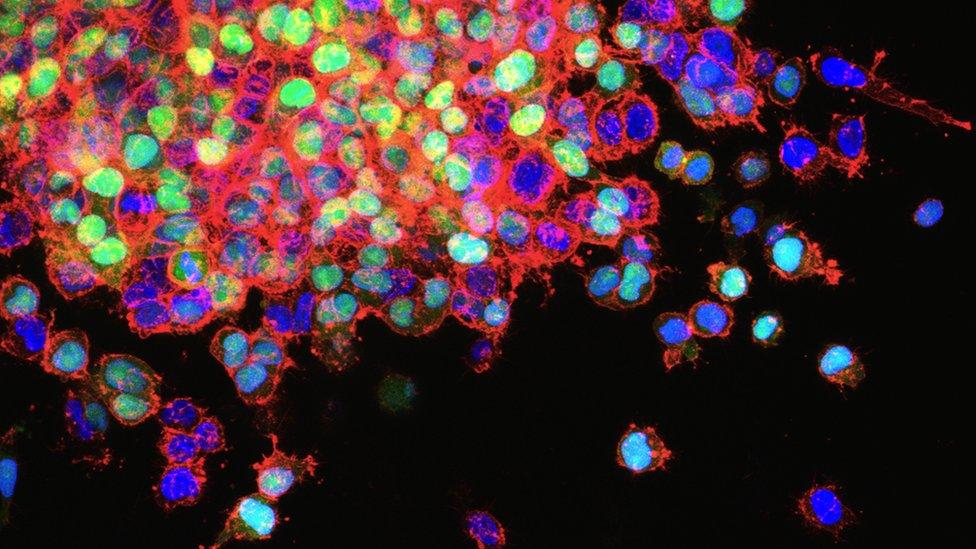Cancer treatment inequalities in Hull tackled with £4.9m
- Published
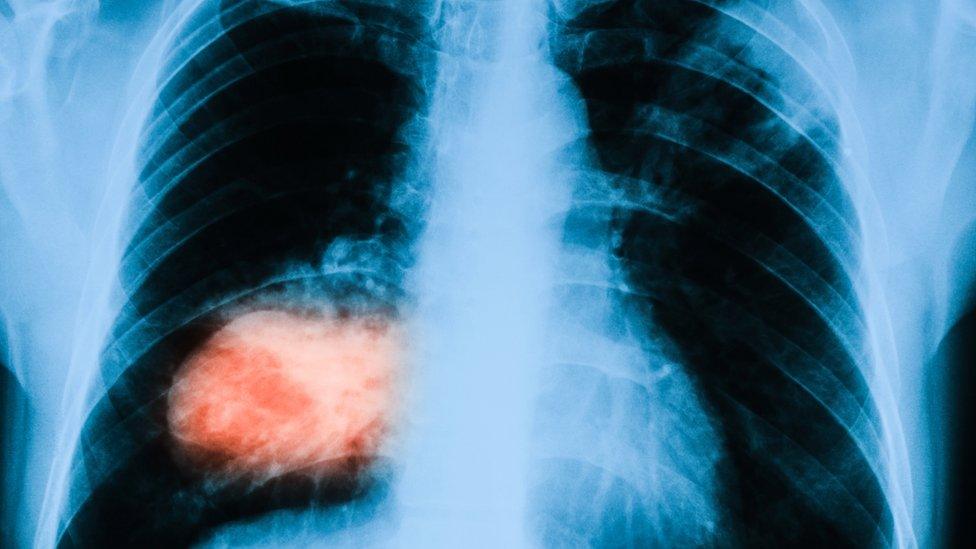
More than 8,500 people in Hull are currently living with and beyond cancer, Yorkshire Cancer Research said
A multi-million pound research project to tackle cancer inequalities in Hull has been announced by Yorkshire Cancer Research.
The charity said Hull was the most deprived local authority in Yorkshire and among the most deprived in the country.
It said £4.9m funding would be used to step up how quickly patients are seen.
The project aims to speed up referrals, and improve treatment for people from socially-deprived communities.
The charity said that said in the period 2012-14, the number of people diagnosed with cancer per 100,000 people, was 689 in Hull, compared with 627 for Yorkshire and 615 for England.
'Early diagnosis'
Mortality rates for the same period, showed that per 100,000 people the figures were 353 for Hull, 299 for Yorkshire and 282 for England.
Nikki Johnson, from the charity, said: "Early diagnosis is key. Lots of people in Hull are diagnosed late on, at Stage Four cancer.
"Lung cancer in particular is a huge problem, Hull has one of the highest smoking rates in the country - the incidence rate is 131 per 100,000 people, while across England as a whole it's just 78."
The charity is working with the University of Hull, the Hull York Medical School and Hull and East Yorkshire Hospitals NHS Trust on the programme.
Interim chief executive Dr Kathryn Scott, said: "Areas with high levels of deprivation often have poor cancer outcomes."
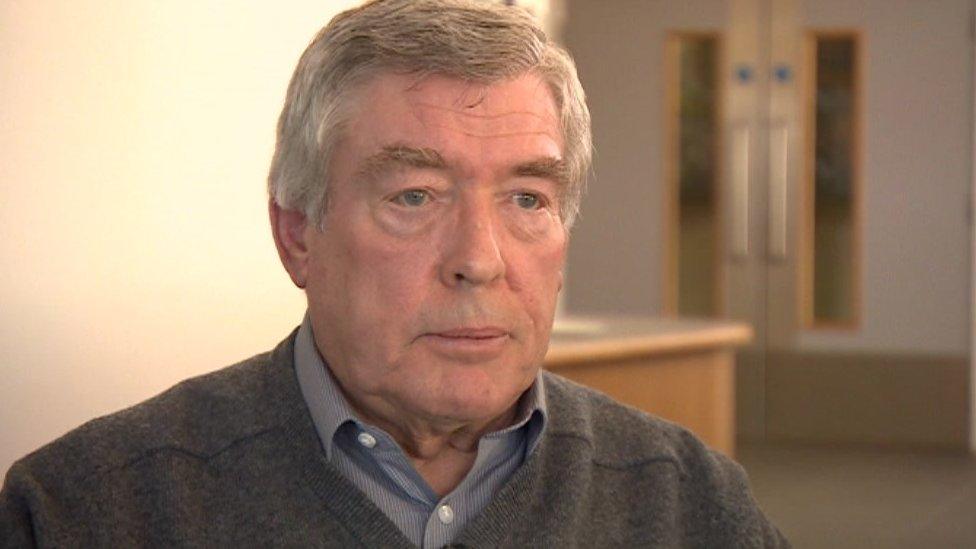
Former cancer patient, Harry Good, said he thought he had a chest infection when he went to see his doctor
"Smoking and drinking alcohol, poor knowledge and awareness of symptoms, and barriers in access to healthcare", were contributing factors, she explained.
Mike Lind, professor of oncology, said it was important to try to tackle the lung cancer problem, especially.
"I believe research is the best way to understand why people don't come forward, and why treatments don't work," he said.
Former cancer patient, Harry Good, from Long Riston, near Hull, said any scheme which encouraged people to take action was a good thing.
The 73-year-old sought medical help for what he thought was a chest infection, but was diagnosed with lung cancer after having an X-ray.
Mr Good is now cancer-free and said he was one of the "lucky ones".
- Published24 January 2017
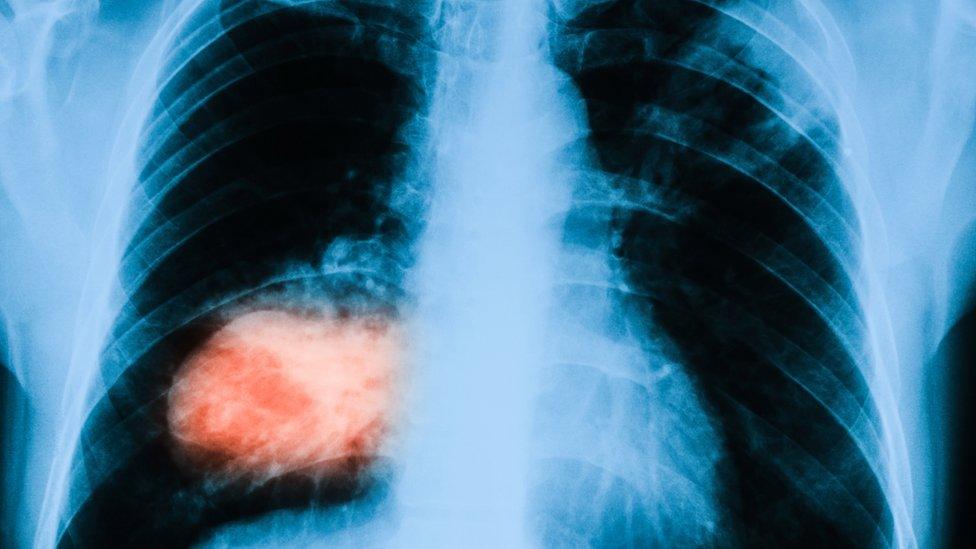
- Published15 March 2017
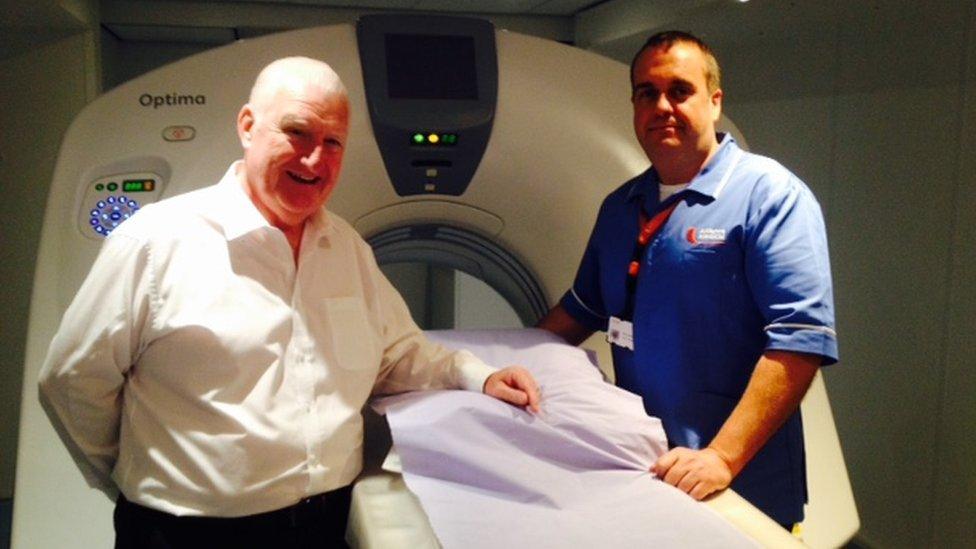
- Published25 November 2016
